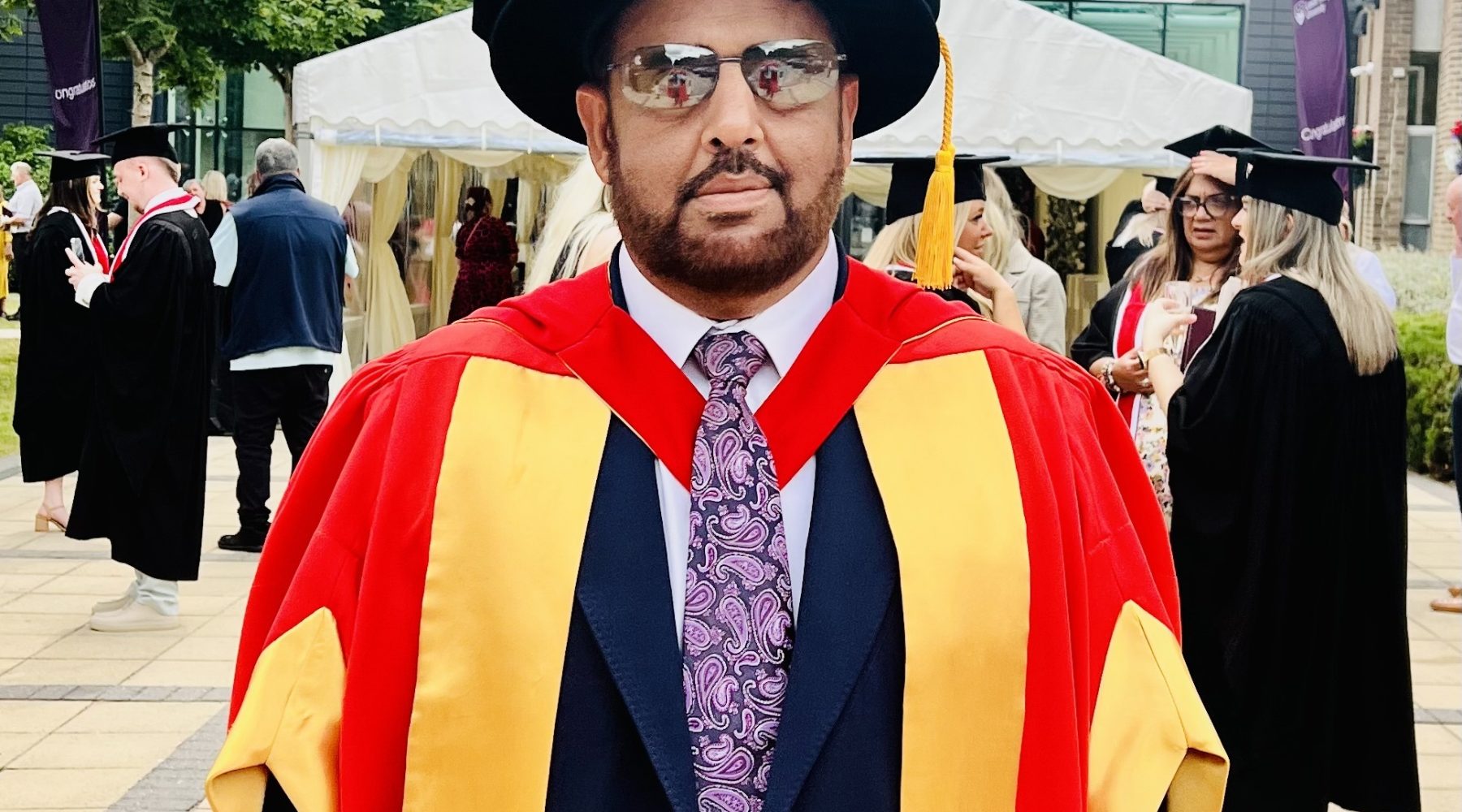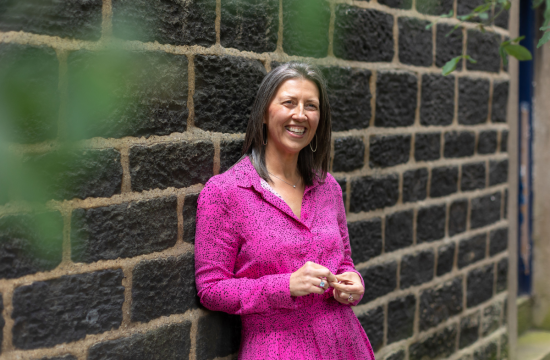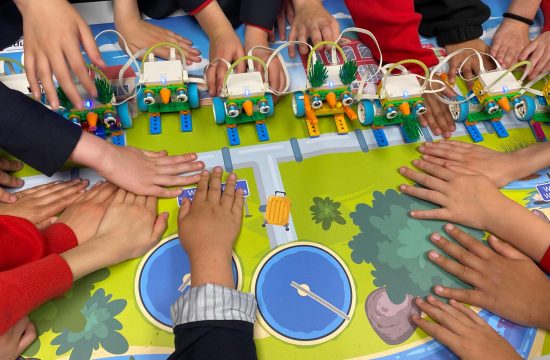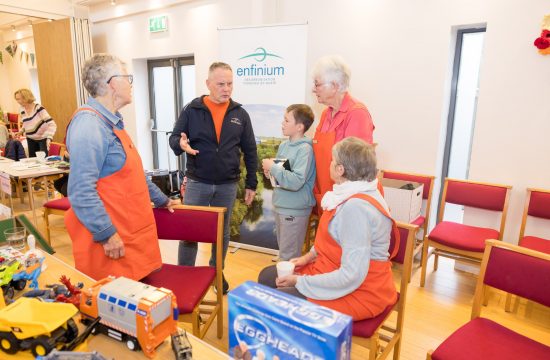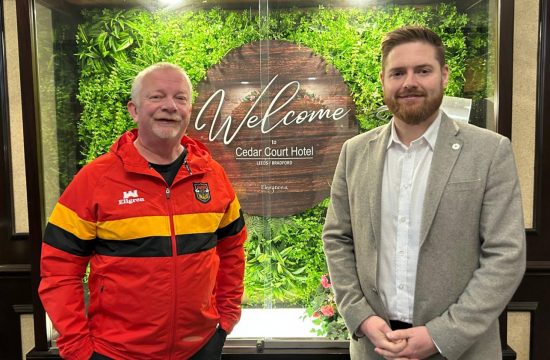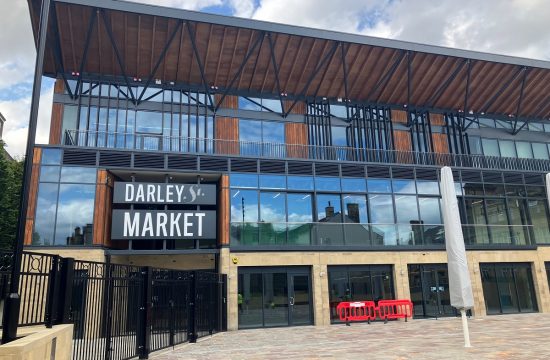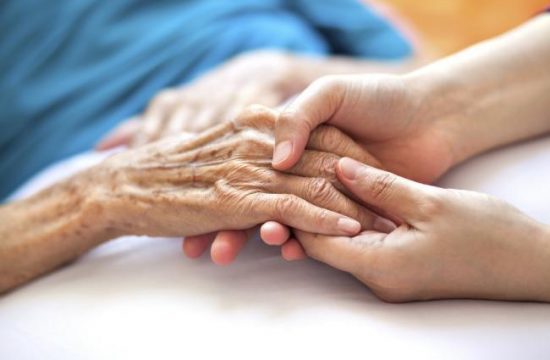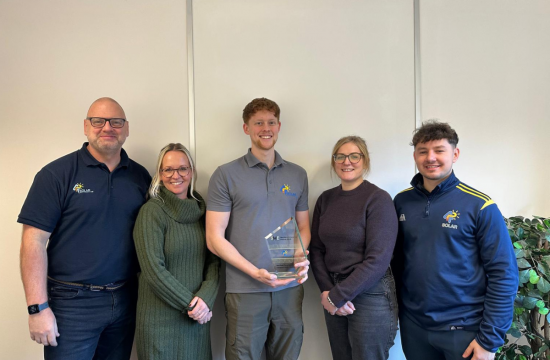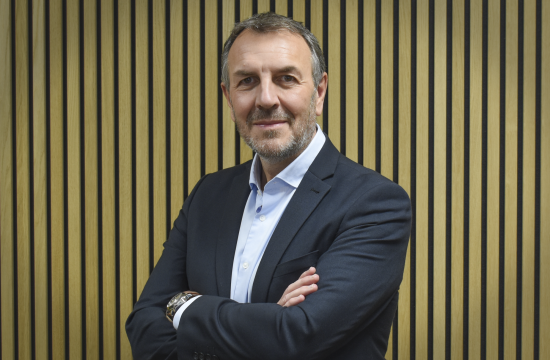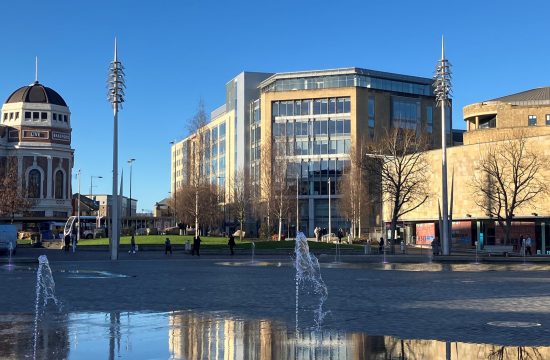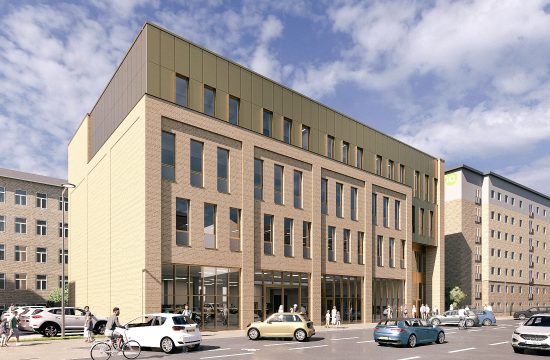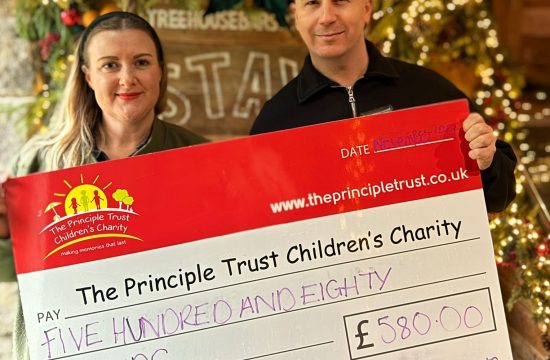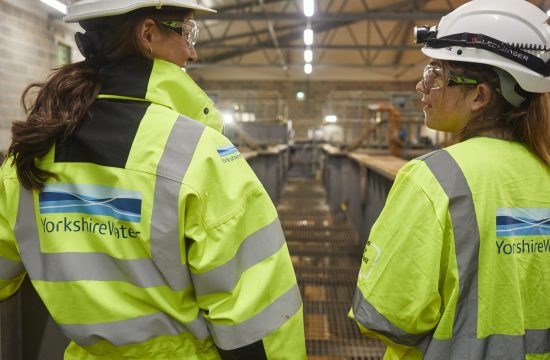SOUTH Asian Heritage Month runs until August 17. It’s a time to celebrate the culture, strength, and achievements of South Asian communities in Britain. The music, the food, the languages, the faith, and the family stories all remind us of the journeys that brought us here – and of the lives we’ve built.
Dr Javed Bashir is a Senior Lecturer in Policing at Leeds Trinity University and Founder of the Professional Muslim Institute
But celebration alone is not enough. This month also gives us a chance to pause and ask some honest questions. We need to look beyond the festivals and ask what migration has really meant for us – especially when it comes to identity, belonging, and the sacrifices our families made.
Many people came to Britain from Pakistan between the 1950s and 1970s in search of work. Most came from rural areas like Punjab, Mirpur, and Azad Kashmir. Because dual nationality was allowed, many believed their stay in Britain would be temporary. They worked hard, saved money, and sent it back home to build houses. These homes became symbols of success – large, impressive buildings with marble floors and high gates.
But while they built these dream homes in Pakistan, many parents here in the UK couldn’t give their children the time, love, or attention they needed. Fathers were busy with long shifts or driving taxis late into the night. Mothers often worked while juggling childcare. Family time was rare. The idea of returning “home” one day meant that emotional connections were sometimes put on hold – and parents and children ended up living in two separate worlds.
In many cases, parents were so focused on earning and surviving that they were unable to take an active role in their children’s education or emotional well-being. Many children grew up without help with homework, without parents attending school meetings, and without someone to talk to when they felt anxious or confused. This gap left some young people to struggle on their own – and in some cases, to fall behind or drift into trouble. What children needed most was guidance and presence, not just money or material comfort.
Some children grew up without strong guidance, feeling torn between cultures. A few went off track. They felt disconnected, unsure whether they were truly British or Pakistani. They understood the sacrifices their parents made but often missed out on the warmth and support that every child deserves.
Now, many of those beautiful houses in Pakistan are empty or at the centre of family disputes. Some are looked after by caretakers. Others are locked up, gathering dust. The dream of going back has faded, but the houses remain – silent reminders of a life that never happened.
Meanwhile, the children and grandchildren of that first generation are firmly rooted in the UK. They speak English, live British lives, and contribute in every area – education, healthcare, business, politics, and more. But many still carry the emotional weight of growing up between two cultures, unsure of where they truly belong.
We must be honest with ourselves. In the pursuit of wealth and property, too many families lost out on emotional closeness. We measured success by how much money was sent “back home,” but forgot that real success also means building strong families, confident children, and loving homes.
This South Asian Heritage Month, we should still celebrate our traditions, food, and achievements – but we must also reflect on these deeper truths. Our heritage is not just about where we came from. It’s about what we leave behind for the next generation here in Britain.
Our young people need more than empty houses in Pakistan. They need parents who listen, who understand, and who are present in their lives. They need to know that they belong here – that they can be proudly British and proudly South Asian at the same time.
We can honour our elders by learning from their experiences. They worked incredibly hard to give us opportunities. But now it’s our turn to build emotionally healthy families, support young people with their identity, and make sure no one feels they have to choose between cultures.
Success for this generation should mean more than wealth. It should mean happiness, education, mental wellbeing, strong relationships, and belonging. We must invest not just in buildings or businesses, but in people – in youth support, mentoring, and spaces where families can talk openly and heal old wounds.
Let’s also remember the voices we don’t always hear – the women who sacrificed their own dreams, the children who struggled in silence, the people who felt left behind. A true celebration of heritage must include them too.
This South Asian Heritage Month, let’s not only look back – let’s look forward. Let’s raise children who feel confident in who they are. Let’s build homes that are full of warmth, trust, and understanding. Let’s celebrate our roots while creating a better future for everyone.
Because our heritage isn’t just in the stories we tell – it’s in the lives we build today, and the legacy we leave behind tomorrow.



